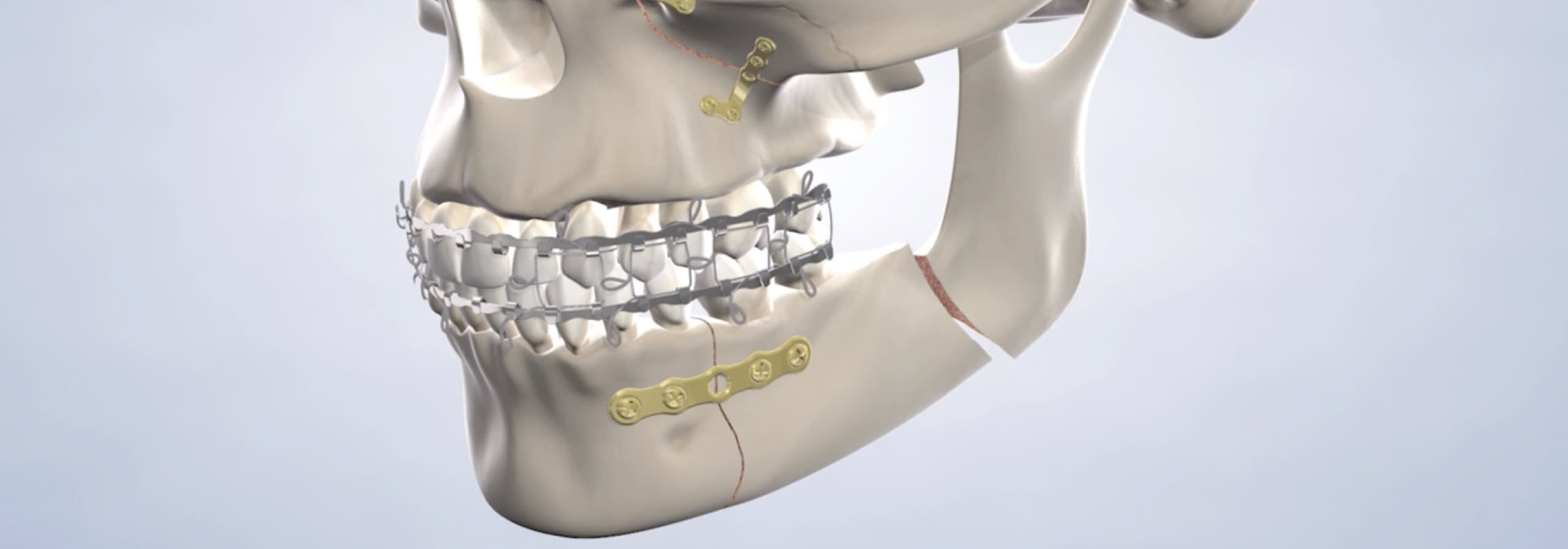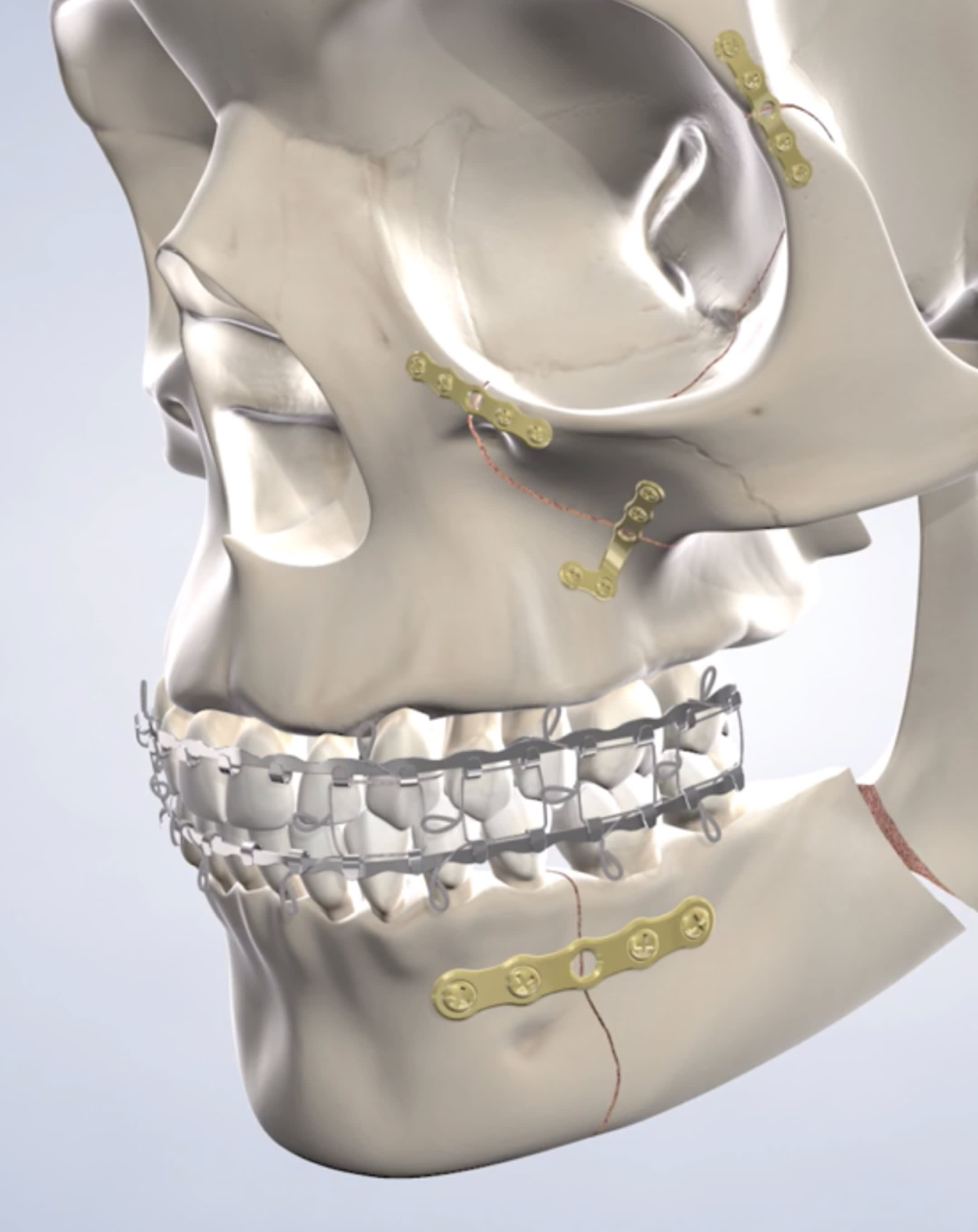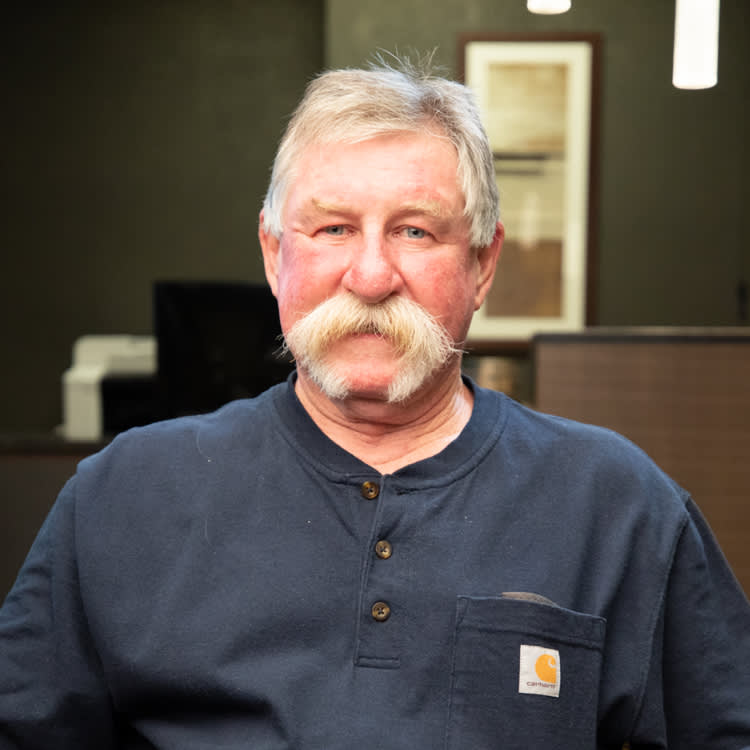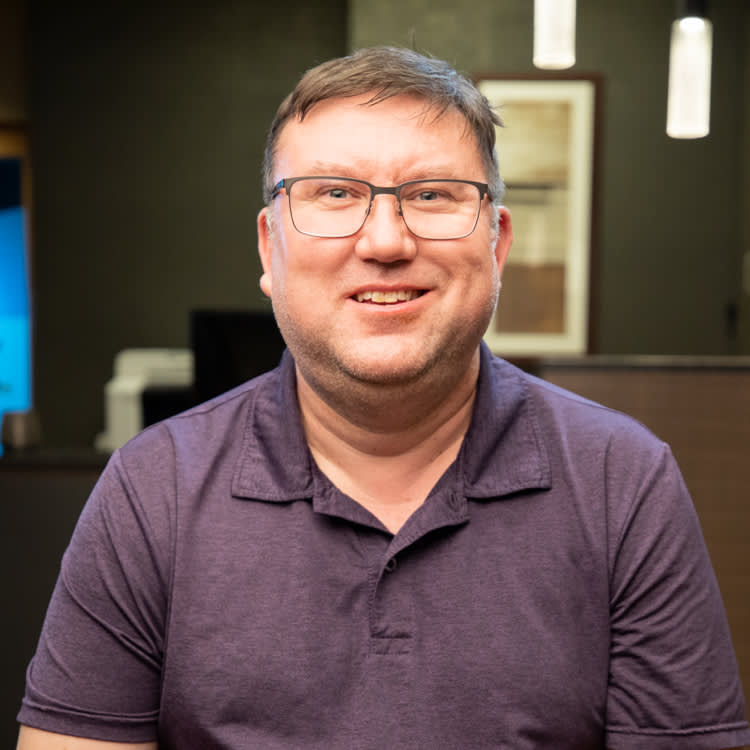

Facial Trauma
Urgent Care for Oral and Maxillofacial Emergencies
Facial trauma includes injury to the head, neck, mouth, or face. Treating these complex conditions requires long-term treatment plans and precise care to reduce scarring, restore function to the oral and maxillofacial regions, and achieve pleasing aesthetic results.
Oral and maxillofacial surgeons are the dental specialists trained and qualified to treat facial trauma cases. Dr. Sukhdeep Dhaliwal, Dr. Paul Greenawalt and Dr. Douglas Baasch have undergone specialized training to treat these cases and produce optimal results for every patient. Our oral surgeons at Kitsap Oral, Maxillofacial & Dental Implant Surgery maintain hospital privileges and are on-call to respond to emergencies.
If you are experiencing a medical emergency, go to the nearest emergency room and receive care from the oral surgeon on call.
Types of Facial Trauma Injuries
Facial trauma includes injuries to the bones or soft tissues of the head and face that require immediate attention from an oral surgeon. Accidents in the workplace, acts of domestic violence, sports-related injuries, or any type of impact to the face can cause facial trauma.
We treat a variety of facial injuries, including:
- Lacerations (cuts) inside or outside the mouth
- Severe burns to the mouth or face
- Avulsed (knocked-out) teeth
- Fractured jaw(s)
- Broken facial bones, including the cheek bones, eye sockets, or nose
If you are unsure whether or not your dental issue is a medical emergency, call our office or go to the nearest emergency room, especially if experiencing a life-threatening condition.
Types of Anesthesia
Our practice offers many types of anesthesia and sedation for your comfort.
How Is Facial Trauma Treated?
Treatment will depend on the severity of the condition. When creating a treatment plan, we use 3D scans to get a detailed look at the bones and tissues within the head, as well as create more predictable outcomes. Using our advanced technology, we can show you how you may look at the end of treatment.
In the event of a traumatic injury, general anesthesia is often used in the hospital. For additional procedures that we perform in our office, there are a variety of anesthesia and sedation options to choose from.
When a leg or arm is broken, you wear a cast. However, you cannot wear a cast on your face. In the event of broken facial bones, your surgeon will use plates or screws to stabilize the bones so they can heal. Bone grafts may be used to regrow bone in weakened areas.
Your treatment will depend on the specifics of your condition. We keep you informed at each step and ensure you remain an active part of the treatment planning process. It can be stressful to experience a traumatic injury, and our team at Kitsap Oral, Maxillofacial & Dental Implant Surgery, is here to support and guide you throughout this treatment journey.
Hear From Our Patients
Expert Oral & Cosmetic Surgery Care
Our surgeons have provided exceptional care to patients in Kitsap County for over three decades. At each of our locations, you and your family can expect to be treated with compassion and honesty every step of the way.



